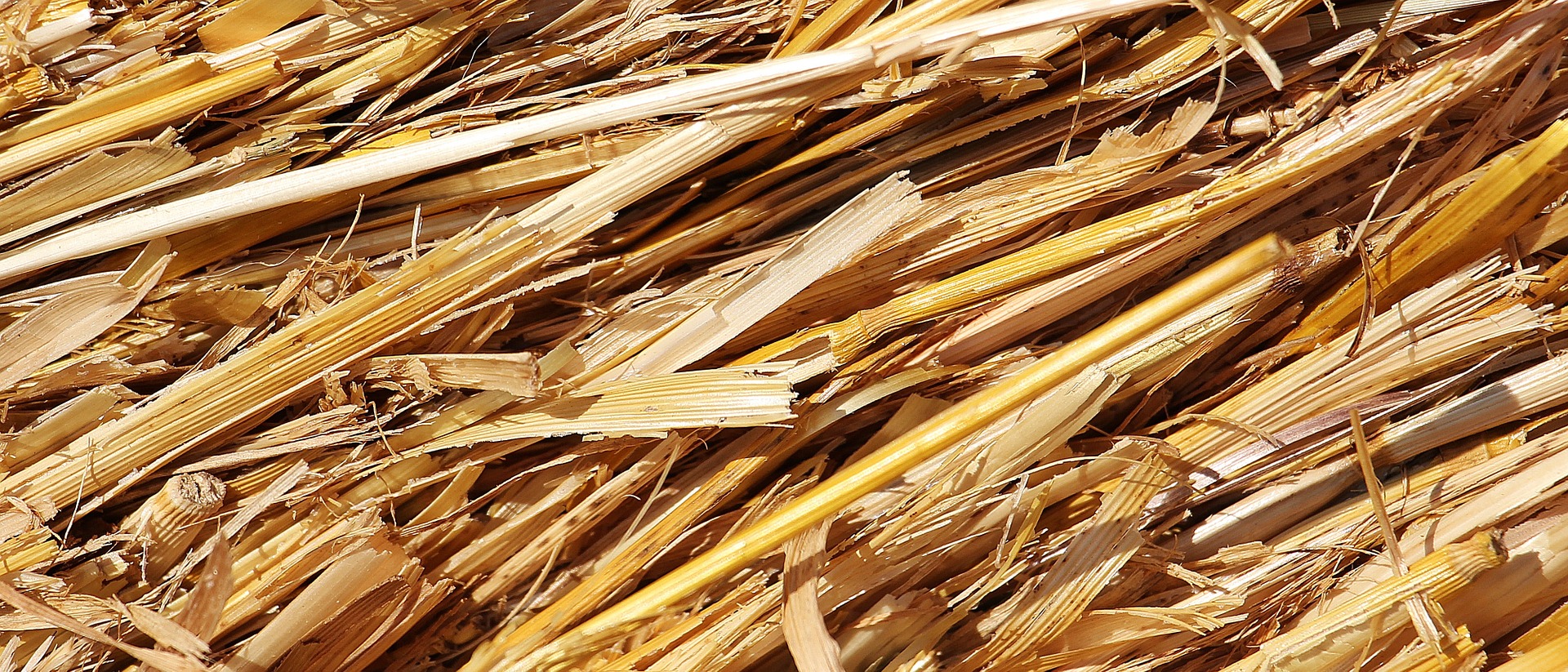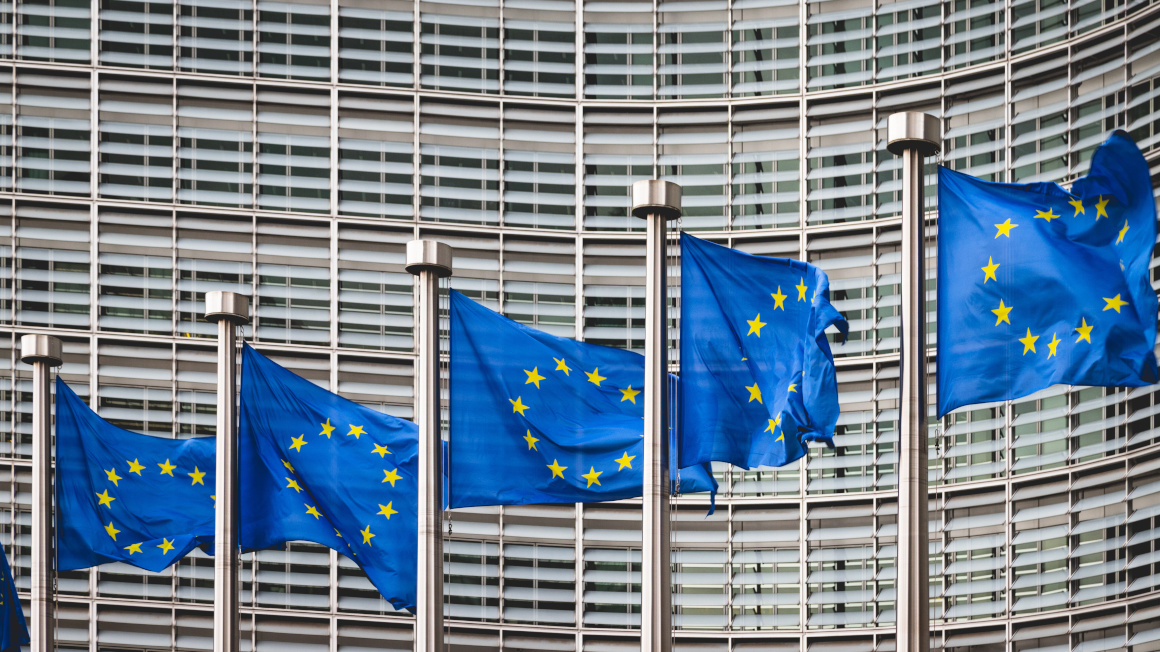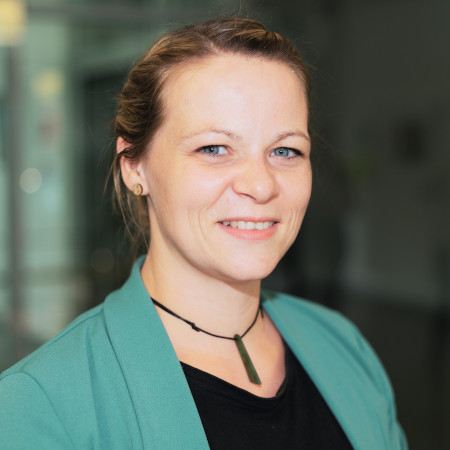Ten more teams win university competition
The projects of the second funding round in the extended Science Year of the Bioeconomy have been determined.

"Show your research!" is the central motto of the university competition, which is held every Science Year to raise public awareness of the activities of German universities. Since the Bioeconomy Science Year was extended due to the pandemic, there is now a second round of projects on the bioeconomy funded by the organizer Wissenschaft im Dialog" ("Science in dialogue").
10,000 euros, workshops and training
On top of last year's 15 projects, another ten projects now have 10,000 euros each to implement their ideas. They will also receive training on science communication in order to teach the young researchers how to communicate their work to the public. In terms of content, the jury's selection covers the broad spectrum of the bioeconomy: from the private to the entrepreneurial, from agriculture to the construction industry. The successful teams are also regionally spread across Germany: from Flensburg to Nuremberg, from Aachen to Berlin.
Review at the end of the year
For the winners, it starts with the first workshop, which will be held in two parts and online due to the pandemic. They will also be able to exchange ideas with the teams from the first funding round. At the end of the year, a jury will decide which project has proved particularly successful and has been most successful in triggering society's debate on its topic.
The ten teams at a glance
BioAccelerator, RWTH Aachen
Here, those interested can try out their ideas on cell and molecular biological processes that could advance the bioeconomy - also in interactive exchange with each other via social media.
StrohStadtStaunen, University of Bayreuth
The project aims to introduce straw as a climate-friendly building material by means of local workshops and to network stakeholders - art projects included.
Spree & Berlin – Die Stimme des Flusses (The Voice of the River), Weißensee Kunsthochschule Berlin
By means of an app, people in Berlin can obtain information about the condition of the Spree and better understand the interrelationships of the ecosystem.
Ernährung im Schulpodcast (School podcast about nutrition), University of Bonn
At the Liebfrauenschule, students learn how nutrition and the bioeconomy are connected and report on it in eight podcast episodes.
ecoSUP – ecological composite for sustainable and lightweight applications, Fraunhofer Institute for Wood Research, Braunschweig
Using the stand-up paddleboard as an example, the project uses trade fair visits, workshops and a film to show that environmentally friendly lightweight materials can be produced using materials such as recycled balsa wood.
Waldquallen (Forest jellyfish), European University Flensburg
Grown on coffee grounds, oyster mushrooms will be distributed locally as an example of inner-city food production, reuse of nutrients and short transport distances.
Tiny House for Mo(o)re Bioeconomy, University of Greifswald
Reeds, cattails and alder are the building materials of the traveling Tiny House on wheels, because they grow on wet areas. Such wet areas as moor store twice as much carbon in peat as all the forests on earth put together.
Verpackungscheck: Die alltagstaugliche Verpackungs-App (The packaging app suitable for everyday use), Hanover University of Applied Sciences
Ziel des Projekts ist die Entwicklung einer App, mit der Verbraucherinnen und Verbraucher mit dem Smartphone den Recyclingcode von Verpackungen abfragen und so ihren Müll richtig entsorgen können.
NachvollziehbAR – Immersive Visualisierung komplexer Nachhaltigkeitsaspekte einer Wertschöpfungskette (Immersive Visualization of Complex Sustainability Aspects of a Value Chain), Nuremberg University of Applied Sciences
The aim of the project is to develop an app that consumers can use to query the recycling code of packaging using their smartphone and thus properly dispose their waste.
Pig & Click – Build your own pig farm, University of Osnabrück
On a multimedia website, users try their hand at pig farming and experience the tension between ecological and conventional choices.
bl


